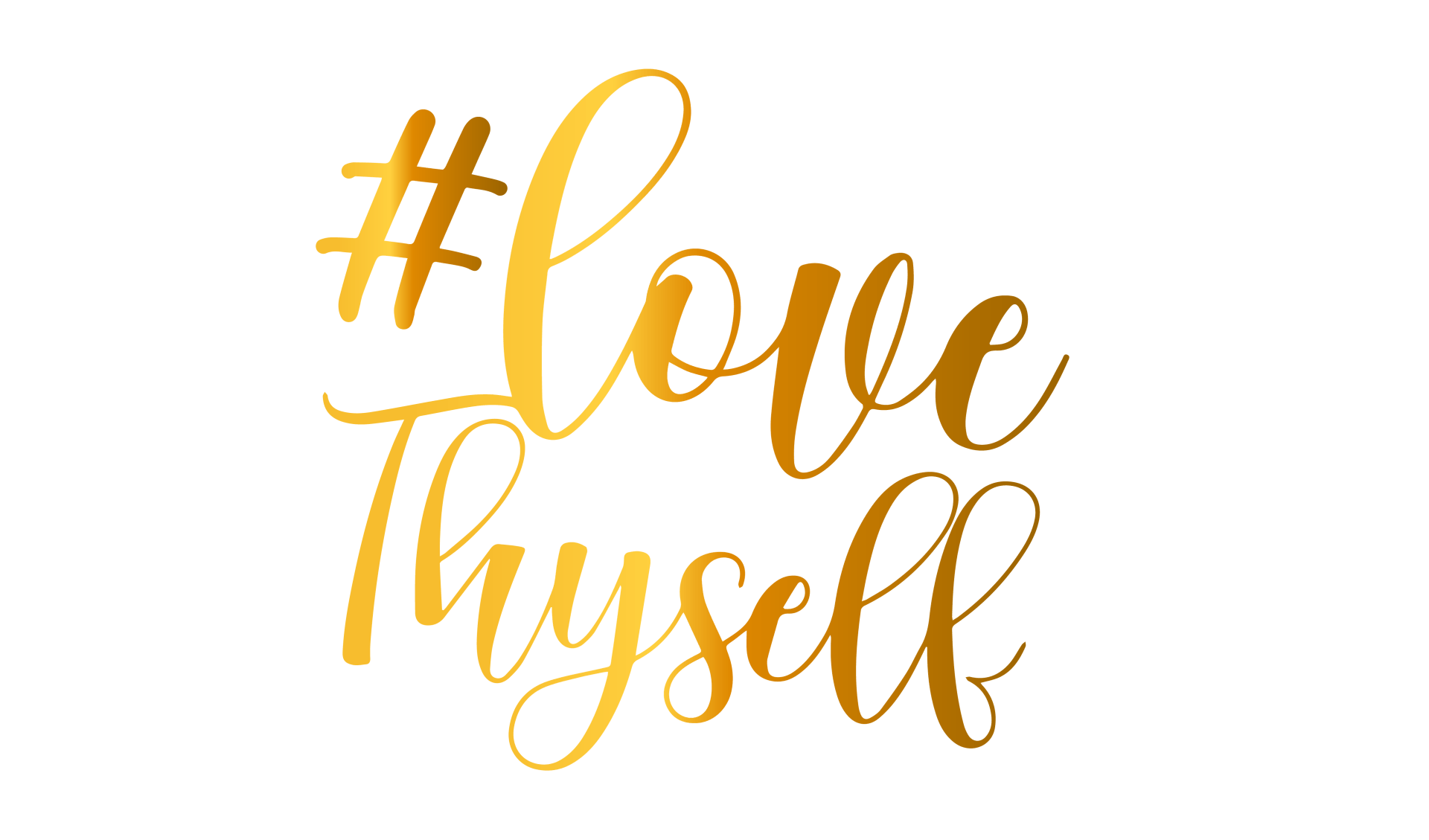
THE NARCISSIST
You’re unique, you know it. And you love being admired. Yes, everyone is special and appreciates a compliment, just as you do. But no, there’s something more about your kind of love. It’s toxic and manipulative. Like, you have these inordinate expectations of people because of your exaggerated esteem, or preoccupation of your unrealistic fantasies and self worth. You are arrogant, envious of others, or feel others are envious of you, and lack empathy.
If you think your behavioral pattern is as described then there is a very high possibility that you are a narcissist. Don’t be too hard on yourself if this is your story because it’s not your fault. You know why? Because we are all human and we are all conditioned, and it's our conditioning that is an intricate factor in how we express ourselves.
The truth is, a lot of conditions are heritable, but not in the ways that we think they are. I’m talking about ancestral programming also known as “generational curses' '. These behavioral patterns can be embedded in a child’s DNA during a woman’s pregnancy. It’s been proven by Columbia University and even stated on publichealth.Columbia.edu that “even before they are born, babies accumulate changes in their DNA through a process called DNA methylation that may interfere with gene expression, and in turn, their health as they grow up”. For instance, if you experienced depressive episodes and spent a majority of your time crying during your pregnancy you may begin to notice the same emotional instability in your child’s later years.
Your emotional state of being is, in fact, a very intricate part in fetal development. More so, it's proven that narcissistic behavior patterns or any other behavior pattern for that matter, are passed down through your lineage. Narcissism can also be attributed to environmental factors such as; an impaired relationship between the sufferer and their primary caregivers, usually the parents; being overindulged by family, or peers into bad behavior, or excessive praise without balanced criticism, or self-evaluation.
Perhaps the sufferer experienced a traumatic experience like physical or sexual abuse as a child and their response to the abuse as an adult is an excessive, distasteful self-expression to ward off others, a form of narcissism.
Do you think you have or know someone who has the character traits of a narcissist? Let’s take a look at the types of narcissism classifications:
- THE EVERYDAY NARCISSIST: While there’s nothing ordinary about being a narcissist, this kind of sufferer expresses the most minor traits of narcissism. He/she is still empathetic and has good interpersonal relationships, is generally considered bold and self-confident, is competitive, seeks high targets, feels special about his/her achievements, and expects recognition from others.
- THE ELITIST NARCISSIST: You may find this kind of narcissism annoying, I mean who wouldn’t? They have a sense of entitlement because of their feelings of extreme deprivation during childhood, so they tend to grow up feeling like they are more deserving than others. On the contrary, this sense of entitlement can also develop in people who have had over privileged childhoods and they generally form associations with persons of their same social status.
- THE COMPENSATORY NARCISSIST: These people may have suffered from physical or sexual abuse in their childhood. Their negative childhood experiences may have affected their self-esteem, or confidence so negatively that they utilize elusive behaviours of being superior as a façade to mask their vulnerabilities.
- THE AMOROUS NARCISSIST: This kind of narcissist finds expression in sexual or intimate encounters with others where they indulge in hedonistic desires. They tend to make connections with strangers they perceive as gullible and use selective seduction and beguiling to prey on others.
- THE UNPRINCIPLED NARCISSIST: This is the worst of them all. They are the unrepentant narcissists that are deceptive, disloyal, arrogant, and exploitative. It’s Sufficient to say that they have allowed their conscience to sleep, hence their unscrupulous characters.
But even if you feel like you exhibit any of these traits, there is the hope of recovery. Even for the unprincipled narcissists, you can find your miracles if you are ready to make a positive change. You’ll need to dive into various methods of healing in order to break free from these ancestral self inhibiting paradigms. Talk to a qualified psychologist, spend time meditating and journaling and self reflecting and come back here to share your testimony.










